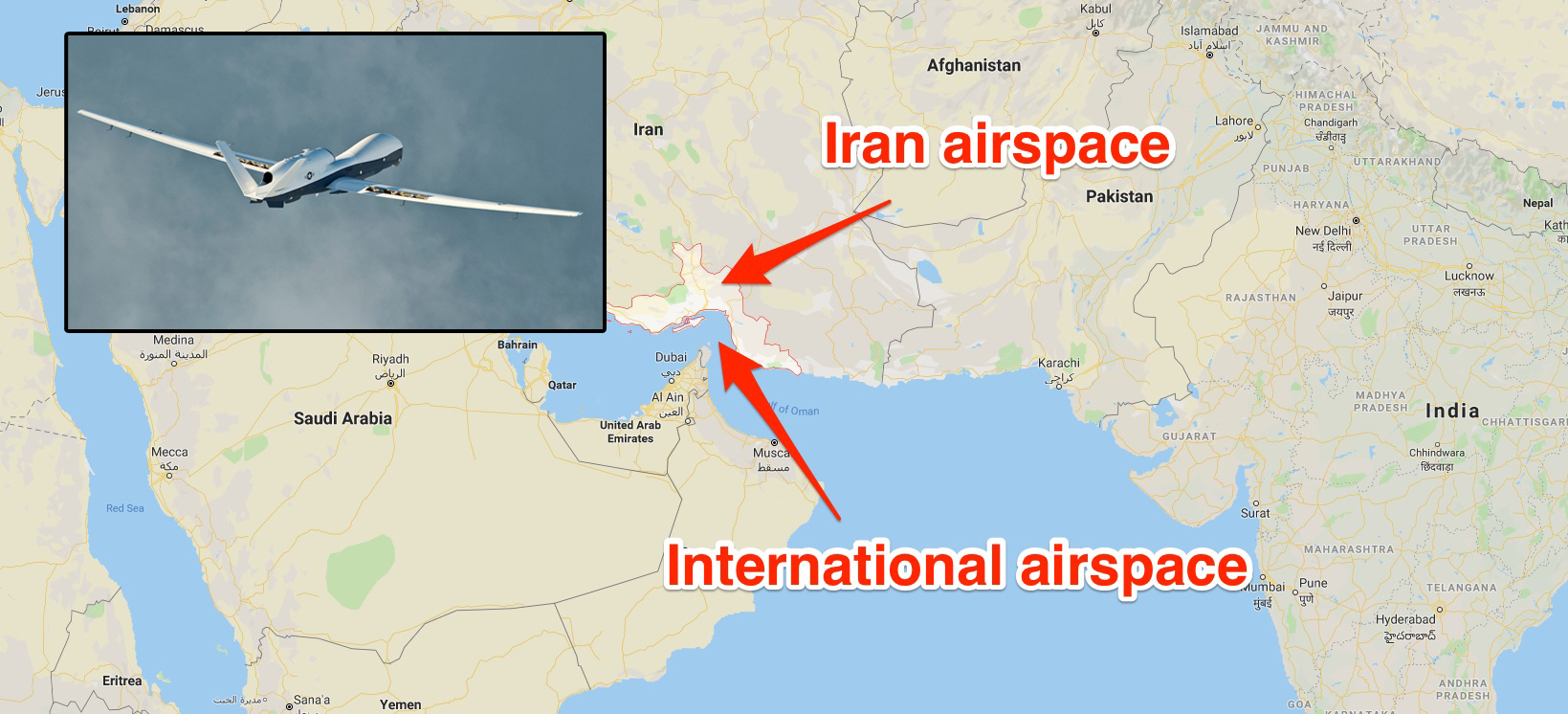- Iran’s paramilitary Revolutionary Guard shot down a US drone Thursday morning around the geopolitically important Strait of Hormuz.
- Iran said it took down the drone when it entered Iranian airspace. But the US said the Navy drone was never in Iranian territory and was flying in international airspace.
- If the US drone was in international airspace, rather than Iran’s, then the Guard had no right to shoot it down.
- The commander of the Guard said it shot down the drone to send “a clear message” that “we are ready for war.”
- US Central Command accused Iran of lying about its report of the drone attack and called its actions “an unprovoked attack.”
- The White House has signaled willingness to attack Iran, which Secretary of State Mike Pompeo said could be done without asking Congress.
- Visit Business Insider’s homepage for more stories.
Iran’s Revolutionary Guard said on Thursday morning it shot down a US Navy drone to make clear its position that “we are ready for war.”
However, Iran and the US sharply differ over whether Iran had any right to take action, based on a technical argument over whose airspace the aircraft was in.
The Guard’s website, Sepah News, said it shot down a “spy” drone when it flew over the southern Hormozgan province, Iran, which is near the Persian Gulf, Reuters reported.
IRNA, Iran’s state news agency, also said the Guard struck the RQ-4A Global Hawk drone when it entered Iranian airspace, according to The Associated Press.
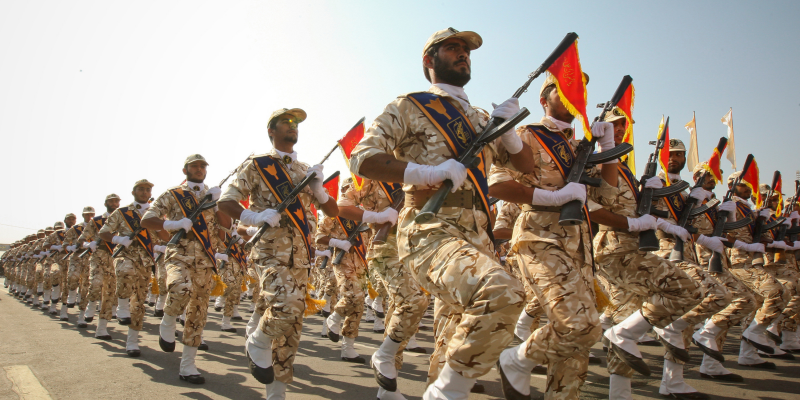
Gen. Hossein Salami, the commander of the Revolutionary Guard, said in a televised speech on Thursday that the drone shooting sent "a clear message" to the US not to attack Iran.
He said Iran does "not have any intention for war with any country, but we are ready for war," according to the AP.
Iran's foreign ministry has also accused the US of "illegal trespassing and invading of the country's skies."
"Invaders will bear full responsibility," a statement said, according to the AP.
The head of Iran’s Islamic Revolution Guards Corps (IRGC) Hossein Salami has said that the downing of a US surveillance drone clearly shows Iran's will to stand against foreign aggression. His speech was broadcast live by English-language Press TV. pic.twitter.com/a1L8O1yKjv
— BBC Monitoring (@BBCMonitoring) June 20, 2019
The US has, however, denied flying any aircraft over Iranian airspace.
It said instead that a US Navy drone - a RQ-4A Global Hawk - was shot down in international airspace over the nearby Strait of Hormuz.
Navy Capt. Bill Urban, a spokesman for US Central Command, said in statement sent to Business Insider:
US Central Command can confirm that a US Navy Broad Area Maritime Surveillance (or BAMS-D) ISR aircraft was shot down by an Iranian surface-to-air missile system while operating in international airspace over the Strait of Hormuz at approximately 11:35 p.m. GMT on June 19, 2019.
Iranian reports that the aircraft was over Iran are false.
This was an unprovoked attack on a US surveillance asset in international airspace.
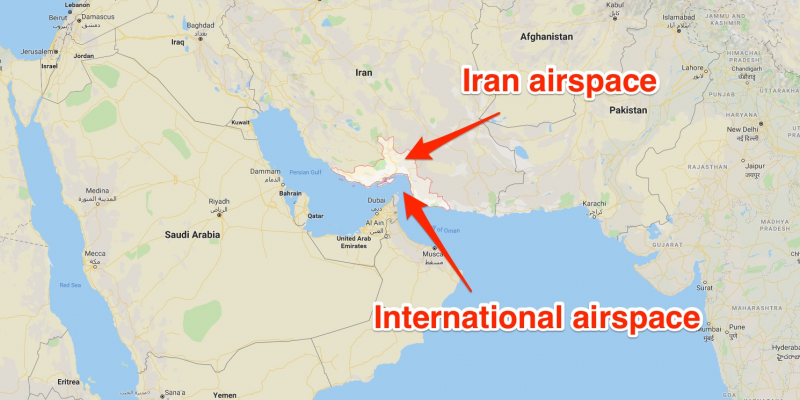
If the US drone was flying in international airspace, Iran had no right to attack it.
President Donald Trump tweeted on Thursday: "Iran made a very big mistake!"
Gen. Paul Selva, the vice chairman of the Joint Chiefs of Staff, the US's second-highest-ranking general, said earlier this week that the US would be able to justify a military attack on Iran if it attacked "US citizens, US assets, or [the] US military."
"If the Iranians come after US citizens, US assets or [the] US military, we reserve the right to respond with a military action, and they need to know that," Selva said, Business Insider's Ryan Pickrell cited him as saying.
But he said at the time that the Iranians "haven't touched an American asset in any overt attack that we can link directly to them."
Thursday's drone attack could affect the US's position.
Read more: The US has been privately telling Tehran that it will attack if Iran makes this one wrong move
Tensions between the US and Iran ratcheted up in recent weeks after the US accused Iran of attacking an oil tanker in the Gulf of Oman two weeks ago.
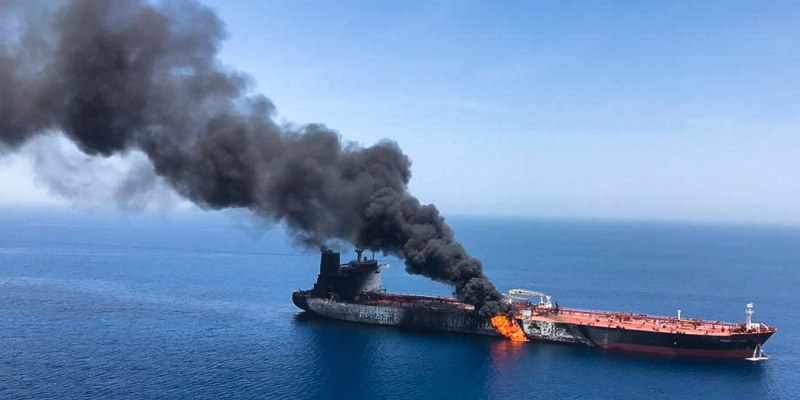
Iran last week retaliated by saying it would exceed the limits on its enriched-uranium stockpile that were established in the 2015 nuclear deal signed under former President Barack Obama's administration. Trump withdrew from the deal last year.
The hawkish Revolutionary Guard is a powerful force within Iran's ruling class and tends to favor an aggressive foreign policy.
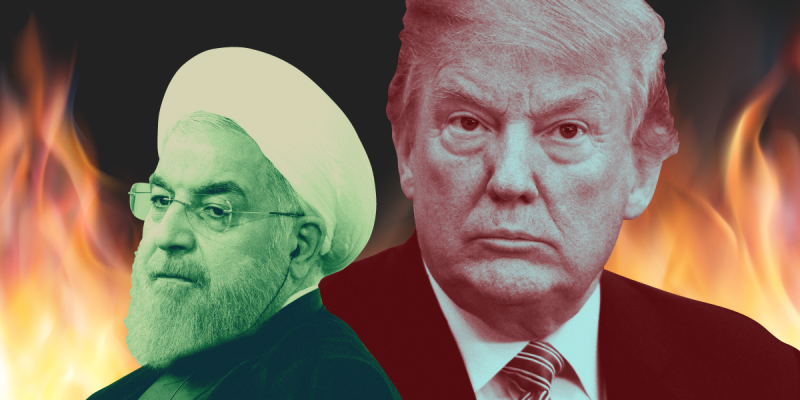
Trump's administration has signaled willingness to go to war with Iran in recent days.
Secretary of State Mike Pompeo has made the case that the US might be able to attack Iran under a law originally passed to allow then-President George W. Bush to punish those deemed responsible for the September 11, 2001, terror attacks.
Both Republican and Democratic lawmakers are resisting the White House's use of that act to justify action against Iran.

